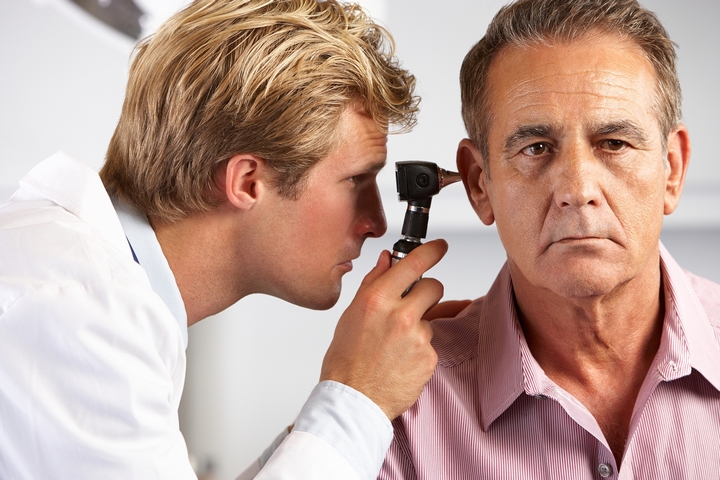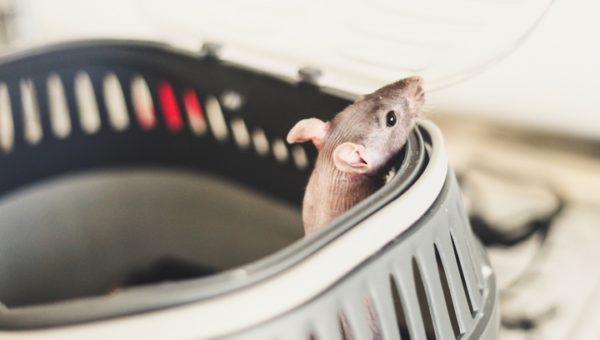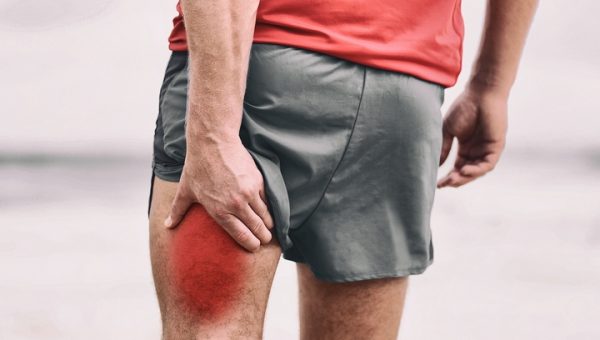Hearing loss is part of getting older and in most cases cannot be prevented. The next steps are to get checked and treated. Apart from old age, noise is one of the biggest reasons for hearing loss. Too much exposure to loud noise can permanently damage hearing ability. For example, repeated exposure to machinery noise present serious risk to hearing. Always use soundproof headphones when mowing the lawn or when in a noisy work area.
It is important for you to know how much noise is too much, protect your hearing from noisy environments and use your earplugs to prevent even slight noise. Here are tips to lower your chances of hearing loss:
1. Blocking noise
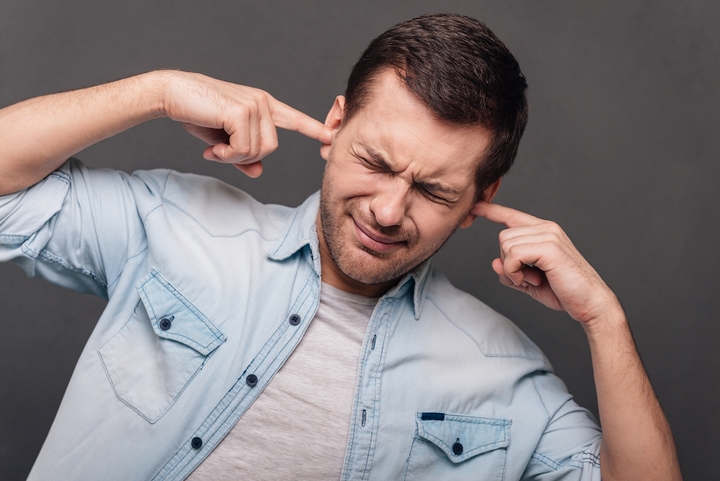
Good earplugs can remove noise at the workplace or any noisy environment. We live in a world surrounded by noise. City noise includes traffic, industrial and construction. When in a noisy environment try to understand the noise level and how long you can be exposed to that level before a damage can occur. It’s always good to take preventive measures and try to avoid such noisy environment. It might be difficult to avoid workplace areas. For these situations there are specialized headsets designed for industrial and machinery noise. Noise is significantly less in small towns. Opting to live in the country side can definitely provide a quiet living environment.
2. Reducing sound
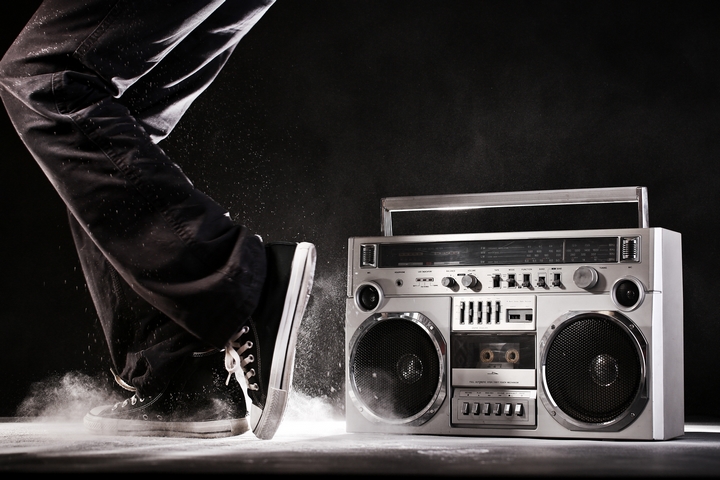
Today even listening devices pose a risk to hearing damage. Personal audio devices bring sound closer to the eardrum, therefore increasing the sound intensity. Electronics don’t usually stop you from increasing the volume which is why you have to make sure that the level of loudness is safe. When we listen to music or attend a concert, very loud sound can damage hearing. Noise induced hearing loss is caused by the loudness of sound and the frequent exposure to that sound. Acceptable listening levels should be established with personal listening devices. Ensure all your media and listening devices maintain a limited volume and that level of volume is not exceeded. Nowadays there are devices that warn you of the volume being increased to unsafe levels.
3. Purchasing low noise rating equipment and appliances
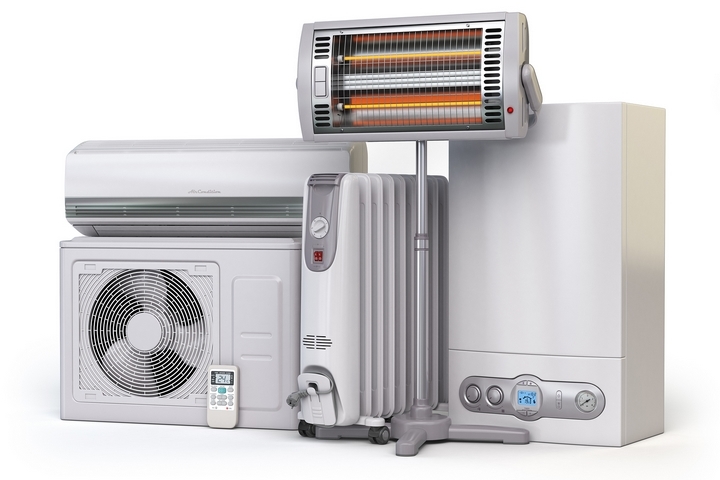
When buying devices, appliances, tools and equipment, ensure they have a low noise rating. There are mowers that are powerful while extremely quiet. House fans, air conditioners, washing machines, dishwashers, vacuums and blenders are all designed to operate quietly. Look for this option when you make a purchase.
4. Understanding noise levels
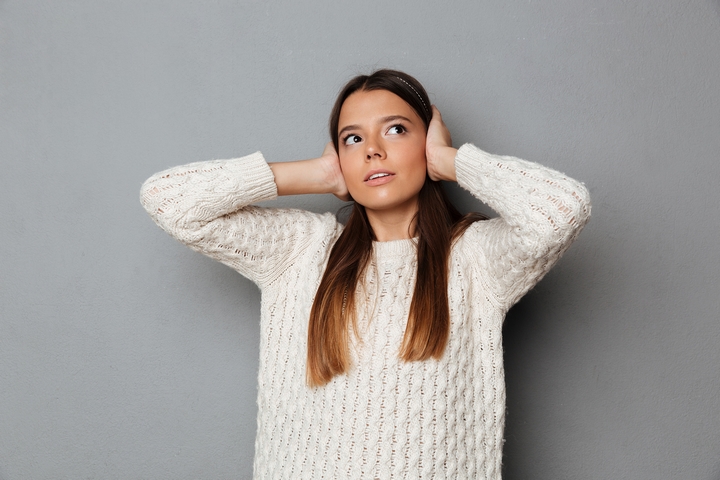
Be vigilant of harmful noise levels. Plan ahead by wearing protection like earplugs or specialized headphones to prevent hearing loss. Noise levels are measured in decibels (dB). If exposed to 85dB for too long it can be harmful. Busy traffic is between 70 to 85dB, listening to music with full volume and using a headphone is between 100 to 110 dB, and a plane taking off the runway is 120dB. Understanding the noise level can help to prevent hearing loss or permanent damage.
5. Check your hearing

Hearing loss can be prevented if issues are detected at an early stage. A few signs include difficulty talking or hearing and sounds make your ears hurt. Being in professions such as the military, police and firefighting have a high chance of exposure to loud and harmful noise levels. Earwax can also be the reason for difficult hearing and this can be removed at the centre. If you have earwax, avoid using a cotton bud to remove it as cotton buds only push the wax back into the ears. Even if you don’t have any difficulties, it would be good to visit a hearing clinic to check on your hearing ability.

